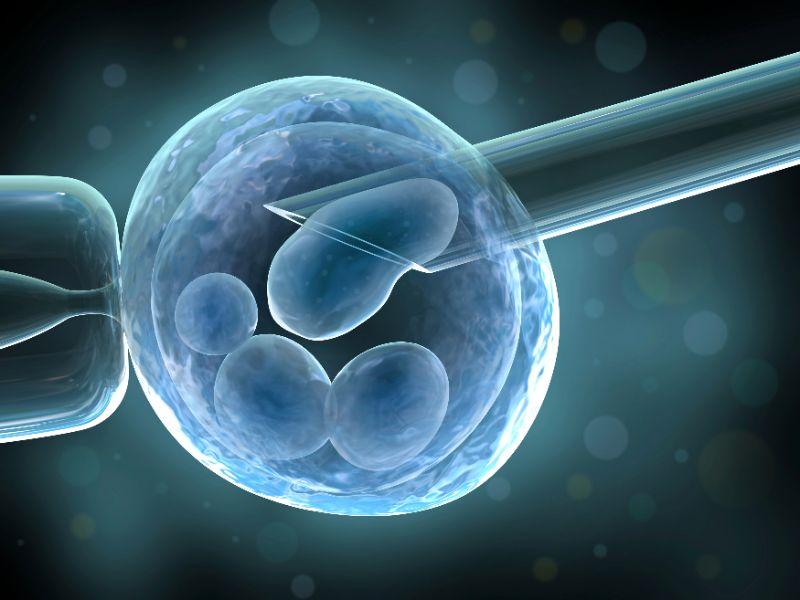What is PGD?
Preimplantation genetic diagnosis (PGD) refers to a procedure performed on embryos created through in-vitro fertilization (IVF) before pregnancy. During this process, one or two cells are removed from embryos that are typically between 3-5 days old. The cells are then screened for genetic defects or chromosomal abnormalities. Only healthy embryos without the tested condition are selected to be implanted in the woman's uterus in the hopes of establishing a successful pregnancy.
PGD for Single-Gene Disorders
One of the most common uses of PGD is for couples at high risk of passing on genetic disorders caused by a single gene mutation, such as cystic fibrosis or sickle cell anemia. By testing embryos for specific mutations, clinicians can select only embryos that do not carry the disease-causing variant. This allows affected families to avoid passing on serious inherited conditions to their children. The procedure provides peace of mind to those who may otherwise face a 25% or 50% risk of having an affected pregnancy with each attempt at conception.
Testing for Aneuploidy
PGD is also used to screen embryos for common chromosomal abnormalities known as aneuploidies. These include extra or missing chromosomes like trisomy 21, the cause of Down syndrome. Around 80% of all miscarriages are due to aneuploidy so affected embryos have very low chances of developing into healthy babies. By identifying and implanting only euploid embryos with the correct number of chromosomes, clinics aim to increase IVF success rates and decrease the risks of miscarriage and birth defects.
HLA Typing for Siblings
In certain cases, PGD can facilitate HLA tissue typing to select an embryo that is a tissue match for an existing sick child. The stem cells from the umbilical cord blood and bone marrow of a genetically matched sibling may offer cures for various blood conditions like leukemia. Families pursuing this option wish to give their ill daughter or son a fighting chance at life through stem cell donation from a sibling conceived specifically for this purpose.
Ethical Considerations and Controversies
While PGD has clear medical benefits, it also invokes certain ethical concerns:
- Safety of the procedure: Multiple studies now prove that PGD does not reduce IVF success rates or increase risks of birth defects compared to screening babies after birth. However, removing cells from embryos remains a delicate scientific process with small risks.
- Selection of "desirable" traits: There are worries that advancements may eventually enable choosing traits like gender, eye color or evenheight and intelligence. However, most countries strictly regulate PGD to prevent abuse for non-medical sex selection or enhancement.
- Physical and psychological impact on donor offspring: Children born through PGD and destined for tissue donation may experience identity issues around their purpose of existence or feelings of obligation towards an ill sibling. Long-term studies on donor children are still ongoing.
- Commodification of life: Some argue that reducing embryos to genetic profiles selected for implantation amounts to commodification of nascent human life. However, others counter that PGD respects the dignity and worth of all lives by providing disease-free babies for loving families.
- Concerns of "embryo wastage": The process involves creation and analysis of multiple embryos, many of which are not transferred and may be stored, used for research or destroyed. While wastage is an inevitable outcome of IVF itself, it remains a sensitive issue.
Going Forward
As genetic tests advance and more disorders are mapped at the DNA level, the scope of PGD will likely expand further. New techniques like next-generation sequencing now enable evaluation of hundreds of conditions simultaneously from a single biopsy. In the United States, over 250 clinics currently offer PGD and over 20,000 babies have been born worldwide using this technology. With growing success and acceptance, PGD is establishing itself as a key component of modern fertility treatment especially for families with genetic risks. Continued oversight will ensure its ethical practice and maximize benefits to prospective parents and children.
In Summary, Preimplantation genetic diagnosis (PGD) emerges as a vital tool in assisted reproduction, allowing individuals undergoing IVF to evaluate embryos for genetic traits. Through meticulous examination of embryos for specific genetic characteristics or chromosomal variations, PGD assists couples in selecting embryos with desirable genetic traits, thereby increasing the likelihood of a successful pregnancy and the birth of a healthy baby.

